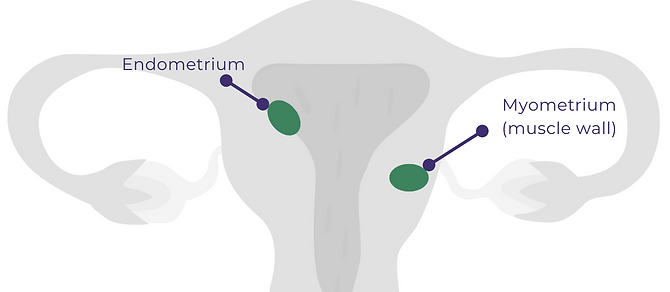
What is Cancer?
Cancer is a term used to describe a group of diseases characterized by the abnormal growth and division of cells in the body. The human body is made up of trillions of cells. Normally, these cells grow and divide in a controlled manner to replace old or damaged cells. When this process of cell division and death goes wrong, cancer starts. Cells divide and grow uncontrollably whereas the old cells which were programmed to die do not, resulting in cancer.
Cancer is a leading cause of death worldwide, accounting for nearly 10 million deaths in 2020, or nearly one in six deaths. Cancer can develop in almost any part of the body and can affect various organs and tissues. The exact causes of cancer can vary, but certain risk factors can increase the likelihood of occurrence. Regular medical check-ups, healthy lifestyle choices, and awareness of potential risk factors can contribute to reducing the risk of developing cancer or detecting it at an early stage when treatment is most effective.
Gynecologic Cancers
Gynecologic cancers affect the female reproductive organs, including the ovaries, cervix, uterus, vulva, and vagina. In the United States, an estimated 100,000 women are diagnosed with gynecologic cancers each year. Gynecologic cancers result from the rapid growth and spread of abnormal cells in the pelvic (basement) region. According to the Centers for Disease Control (CDC), all women are at risk for developing gynecologic cancers, and the risk increases with age. Gynecologic cancers are often treatable when found early. Women need to understand risk factors, symptoms, and warning signs of gynecologic cancers to advocate for themselves and decrease late-stage diagnoses.
Sixty-two is the median age for gynecologic cancer diagnosis. Some gynecologic cancers have early symptoms, such as abnormal bleeding or pelvic pain. Early signs of gynecologic cancers can be easily missed, making awareness and medical evaluation very important. Early detection is crucial for better outcomes.
Pap tests cannot detect all gynecologic cancers. Pap tests mainly screen for cervical cancer, not other gynecologic cancers like ovarian or uterine cancer. While it can be challenging, awareness and regular screenings can aid in early detection of ovarian cancer. Cervical cancer is preventable through vaccination and regular screenings.

.png)
%20(6).png)
%20(1).png)
%20(3).png)
%20(4).png)
%20(5).png)